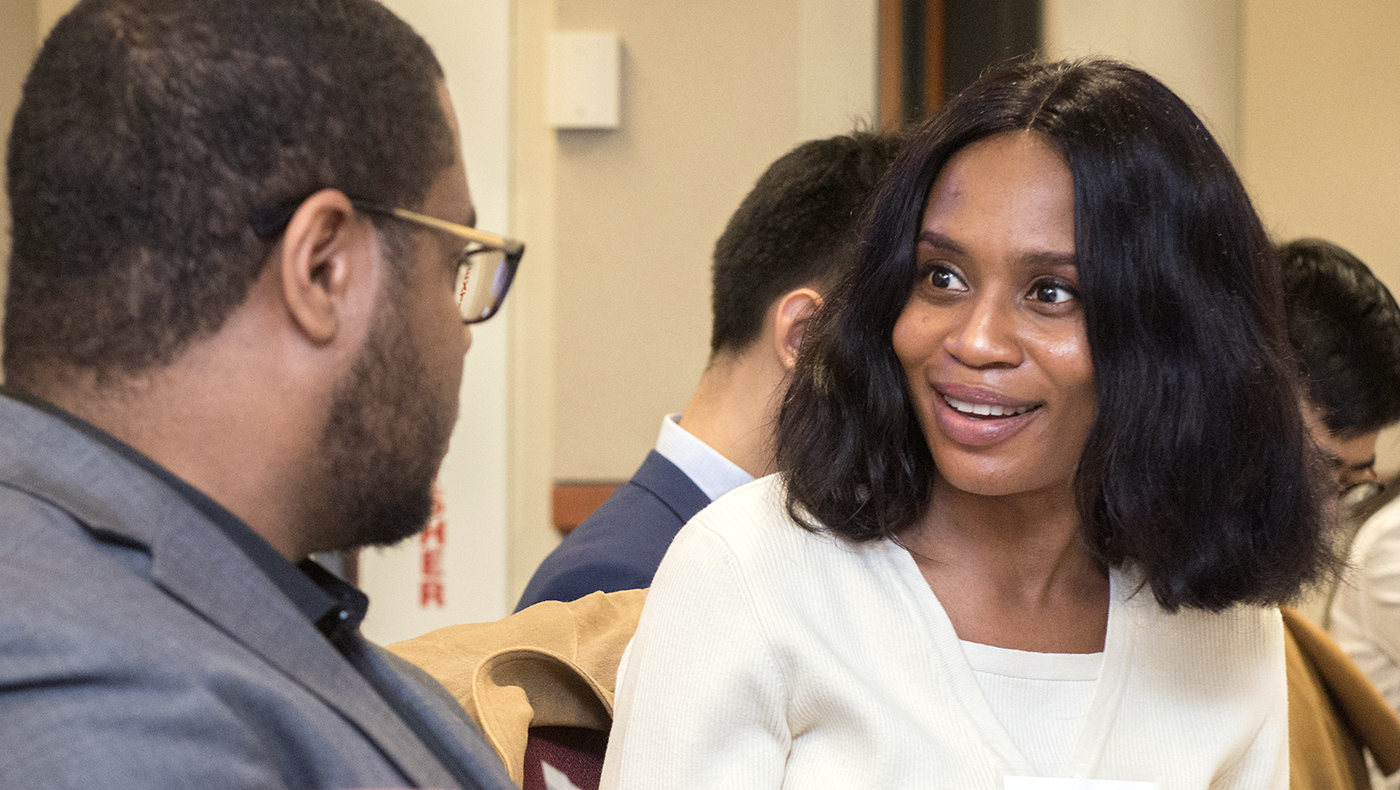With a wealth of information available to professionals on how to be successful in their chosen careers, young professionals, especially those in graduate school, may feel overwhelmed. In our constantly changing business world, professionals must balance learning to be more effective and efficient leaders with their current responsibilities.
“The average employee sends and receives 122 emails per day and attends an average of 62 meetings per month,” said Jill Panté, Lerner College of Business and Economics director of Career Services at the University of Delaware. “Moreover, these employees must complete daily ‘to do’ lists, deliver successful projects, bond with our co-workers, spend time with family and friends…the list goes on and on. For those in the workforce, we simply do not have the time or bandwidth to focus on our professional development.”
For Lerner graduate students, they utilize Panté’s BUEC 603 course to take control of their career planning to ensure they are putting themselves in position for long-term growth.
BUEC 603 is a Communication, Branding and Career Networking 1-credit course required for all MBA students. Through a series of workshops over the course of a semester, students complete assignments based on their professional goals. Prior to starting their coursework, every student completes a professional development checklist and career agility assessment.
The program’s stated goal is to build students’ “career agility or readiness.” This means having a positive attitude toward change, being adaptable, embracing failure and remaining productive amidst ambiguity. This allows students an opportunity to take inventory of their professional selves and start defining a path forward, based on their professional development goals – job search, brand management, leadership development, career change, etc.
“We felt that you can’t have a MBA program without a professional development and branding course,” Panté said. She added that not only do domestic students benefit, but especially for international students, “it’s a great way to get them engaged in the American culture of networking, relationship building and job searching.”
Through various models of communication, networking and leadership, students in the course learn how to achieve overall personal success and become effective leaders in their prospective careers. In addition, the course follows AACSB-accredited business school learning objectives of written and oral communication, and information technology use. Participants develop the art of storytelling in order to motivate and lead others, and they work to build professional networks.
At the end of the course, students are able to develop their professional brands and effectively communicate this to others verbally, in writing and through social media. This is one of the many ways, Panté explained, that Lerner offers students the opportunities to be leaders in business, who go out into the world and lead organizations operating in an environment of rapid change.




